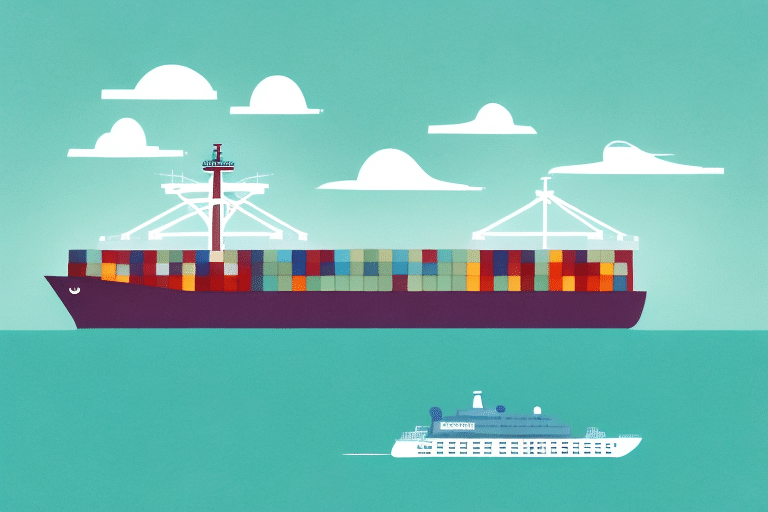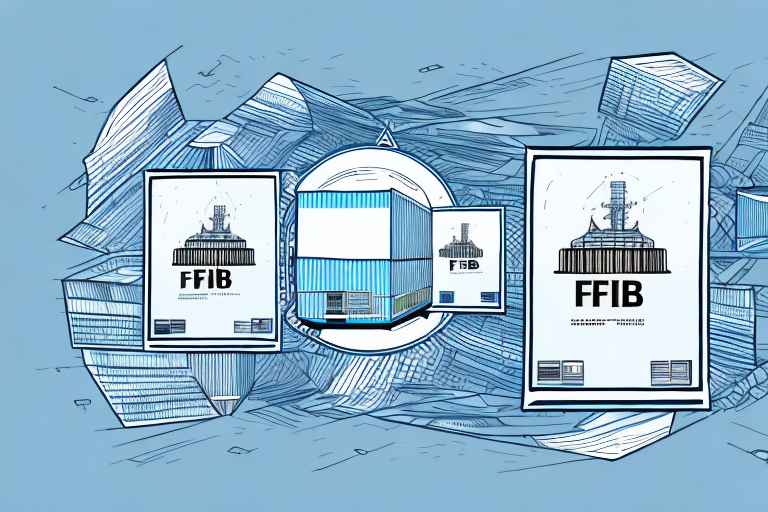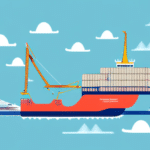Introduction to FOB and Destination Shipping
In the realm of logistics and supply chain management, understanding the nuances of different shipping terms is crucial for businesses aiming to optimize their operations. Two commonly used terms are FOB Shipping and Destination Shipping. This article delves into these shipping methods, highlighting their differences, benefits, and considerations to help businesses make informed decisions.
Understanding FOB Shipping
What is FOB Shipping?
FOB stands for Free on Board. Under FOB Shipping terms, the seller is responsible for loading the goods onto the carrier at the designated port or location. Once the goods are on board, the risk and responsibility transfer to the buyer. This means the buyer assumes liability for any damage or loss that occurs during transit.
FOB Shipping primarily applies to sea and inland waterway transport. For other modes of transportation, variations like FOB Airport, FOB Origin, or FOB Destination are used to specify the point at which responsibility shifts from seller to buyer.
How Does FOB Shipping Work?
In an FOB Shipping arrangement:
- The seller handles the initial stages of shipping, including packing and loading the goods onto the carrier.
- The buyer is responsible for transportation costs from the point of loading onward.
- The buyer also manages customs clearance and any associated fees.
This structure provides the buyer with greater control over the shipping process, allowing them to select preferred carriers and routes, potentially leading to cost savings and expedited delivery.
However, this also means the buyer must be diligent in managing logistics to avoid delays or complications, such as customs issues or shipment damages.
Pros and Cons of FOB Shipping
- Pros:
- Greater control over transportation logistics.
- Potential cost savings through negotiated carrier rates.
- Faster response to shipment issues.
- Cons:
- Increased responsibility and potential liability for the buyer.
- Requires the buyer to have expertise in logistics and customs processes.
- Potential for disputes over responsibility and damages.
Understanding Destination Shipping
What is Destination Shipping?
Destination Shipping places the responsibility and cost of transporting goods entirely on the seller until the goods reach the agreed-upon destination. This means the seller manages all aspects of the shipping process, including transportation, insurance, and customs clearance.
This method is particularly beneficial in international trade, where navigating different countries' regulations and logistics can be complex for buyers.
Pros and Cons of Destination Shipping
- Pros:
- Reduced responsibility for the buyer regarding transportation and logistics.
- Simplified process for the buyer, especially in international transactions.
- Seller ensures goods are delivered safely and efficiently.
- Cons:
- Potentially higher costs for the seller, which may be reflected in product pricing.
- Less control for the buyer over the shipping process.
- Dependence on the seller to manage and rectify shipping issues.
Comparing FOB and Destination Shipping
Key Differences
The primary distinction between FOB and Destination Shipping lies in the allocation of costs and responsibilities. Under FOB terms, the buyer assumes responsibility once the goods are loaded onto the carrier, whereas, in Destination Shipping, the seller retains responsibility until the goods reach the final destination.
Cost Comparison
Choosing between FOB and Destination Shipping affects the overall cost structure:
- FOB Shipping: The buyer pays for transportation from the loading point onward, which can offer cost savings if the buyer secures favorable shipping rates.
- Destination Shipping: The seller absorbs all transportation costs, which may result in higher product prices to cover these expenses.
According to the World Bank, efficient management of shipping costs can significantly impact a company's competitiveness in the global market.
Legal Considerations
Both shipping terms involve specific legal implications:
- Ownership Transfer: In FOB Shipping, ownership transfers at the loading point, whereas, in Destination Shipping, ownership transfers upon delivery.
- Liability: Responsibility for loss or damage shifts at different points depending on the shipping term used.
It's essential for businesses to clearly outline these terms in contracts to avoid disputes. Refer to the ICC Incoterms 2020 for standardized international trade terms.
Choosing the Right Shipping Method
Factors to Consider
When deciding between FOB and Destination Shipping, businesses should evaluate:
- The complexity of the shipping route and the destination country's regulations.
- The company's expertise in managing international logistics.
- Budget constraints and cost implications of each shipping method.
- The value and sensitivity of the goods being shipped.
Best Practices for Selection
To select the most appropriate shipping method:
- Assess your company's logistics capabilities and resources.
- Consider the total cost of ownership, including potential hidden costs.
- Consult with logistics experts or freight forwarders to understand the implications of each method.
- Review and comply with international trade regulations to ensure smooth shipping processes.
Challenges and Management Tips
Common Challenges
Both FOB and Destination Shipping present challenges such as:
- Managing unforeseen delays due to customs or transportation issues.
- Handling paperwork and compliance with international trade laws.
- Ensuring adequate insurance coverage to protect against loss or damage.
Management Tips
To mitigate these challenges, businesses should:
- Develop a comprehensive shipping plan that includes contingencies for potential disruptions.
- Partner with reputable carriers and freight forwarders experienced in international shipping.
- Invest in training for staff to handle logistics and compliance effectively.
- Utilize technology solutions for tracking shipments and managing documentation efficiently.
Understanding Incoterms and Their Impact
Incoterms, established by the International Chamber of Commerce (ICC), are standardized trade terms that delineate the responsibilities of buyers and sellers in international transactions. Understanding Incoterms is vital when dealing with FOB and Destination Shipping, as they define who is responsible for costs, risks, and logistics at each stage of the shipping process.
For instance, FOB is one of the Incoterms that specify the point at which responsibility shifts from seller to buyer. Familiarizing oneself with Incoterms like FOB, CIF (Cost, Insurance, and Freight), and DAP (Delivered at Place) can greatly enhance clarity and reduce the risk of misunderstandings in international trade.
Refer to the ICC Incoterms 2020 for detailed definitions and guidelines.
Conclusion
Choosing between FOB and Destination Shipping requires a thorough understanding of each method's implications on cost, responsibility, and control over the shipping process. By evaluating the specific needs of your business, considering the nature of your goods, and understanding international trade regulations, you can make informed decisions that optimize your supply chain efficiency and mitigate risks.
Staying informed about the latest trends and best practices in shipping can further enhance your ability to manage logistics effectively, ensuring timely and cost-effective delivery of your products.






















